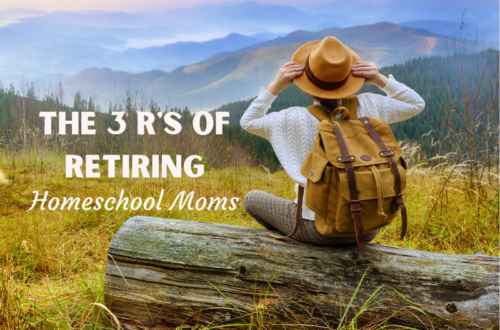
2021 Challenge: Change the Conversation
Usually, a new year prompts us to improve something—our weight, our wisdom, our way of living. After all of the COVID-related subjects in 2020, perhaps the 2021 challenge is to change the conversation.
Not to brush realities under the rug or to ignore important issues, but to consider taking a fresh approach if the pandemic gab is affecting our relationships.
When should we consider changing the conversation?
When Weighing In is Weighing On Our Relationships
Let’s be honest. All of the weighing in is weighing on our relationships. The COVID conversations are exhausting, no matter if we’re standing in a crowd or sitting at home on our phones. Whether we’re for or against anything related to the pandemic, all of the discussions are taking a toll on us.
We’ve placed a priority on winning people over to our point-of-view. We’ve relayed news clips and personal stories in hopes of persuading folks to stand on the “right” side.
Tipping points have varied. However, most folks drew a line early on. After what each party considered to be a reasonable waiting period; strangers, friends, and even family members began rebuking and ostracizing those who did not change their perspectives to coincide with theirs.
For many the thought process seemed to be:
If you do this, you’re in. If you do that, you’re out.
We’re Continually Defensive or Offended
We’ve witnessed plenty of defensive and offended people during the pandemic. Defensive can mean protective, which is not a bad thing. But also, we’ve seen some steel-heels dig in and not take into consideration another person’s differing thoughts or feelings. Thus, many people have been offended and then developed their own level of defensiveness. Many have allowed themselves to get caught in a vicious emotional cycle.
Have we been offended and then became defensive? In turn, did our reactions offend someone else?
It’s a new year. It’s time to break free from unhealthy cycles and change our conversations.

How Do We Change the Conversation?
Begin with little steps.
- When talking with friends and family, don’t let your opinions of COVID-related issues dominate your conversation. In fact, unless it’s imperative, take a break and leave it out of the conversation. For months, these issues have saturated our media and dominated our living conditions and thus, our conversations. I mean, who couldn’t talk about the lack of toilet paper?! But, for everyone’s well being, we’ve got to practice carrying on conversations that do not continually induce a volley of viewpoints that have been stated numerous times before. You know where your friend stands on the issues. She knows where you stand. If one of you changes your viewpoint, you’ll let the other know. In the meantime, strengthen your friendship. Talk about something else.
- One way to reduce stress is to introduce kind humor. Serious situations challenge us. Sometimes, we feel overwhelmed when there are things out of our control. But, we can’t linger in the pit of worry and depression. Nor in the quagmire of anger and resentment. It will take a toll, not only on us, but also in our realtionships with others. Perhaps it’s time to introduce a little humor into our conversations. Not snarky satire. But rather wholesome, uplifting humor. Share a cartoon from the newspaper or tell about the funny thing your kid did. What was the last incident that made you laugh out loud? If sharing humorous stories is out of your comfort zone right now, then at least consider returning a smile. Be open to receiving the gift of laughter. It’s beneficial to mental health and friendships.
- Steer the conversation out of the tunnel and into the light. Many people have been so affected by the pandemic it has given them tunnel vision. Every conversation seems to hinge on some aspect that’s related to COVID-19. It helps to have friends with whom we can share our thoughts and concerns. However, some folks are continually expressing them to fuel fear, depression, anger, or resentment. There is a season for everything. Grieve with those who grieve. We must know how to respond to those who question why God allows suffering. But also, let’s help one another focus more on the good things. Look for the helpers and the blessings. This is a wonderful time to remind one another of God’s love and provision. People are searching for peace—lasting peace. Will they see it in our actions and hear it in our voice? Will we be brave and selfless enough to share the Source of our peace?
We are all ready to eradicate COVID-19 and all of its related restrictions and devastations. Many issues have been out of our control. But, one refreshing thing we can do is change the conversation.
It’s my prayer you have a healthy new year full of joy and peace. What is something you’re looking forward to this year? Any special events or projects?




